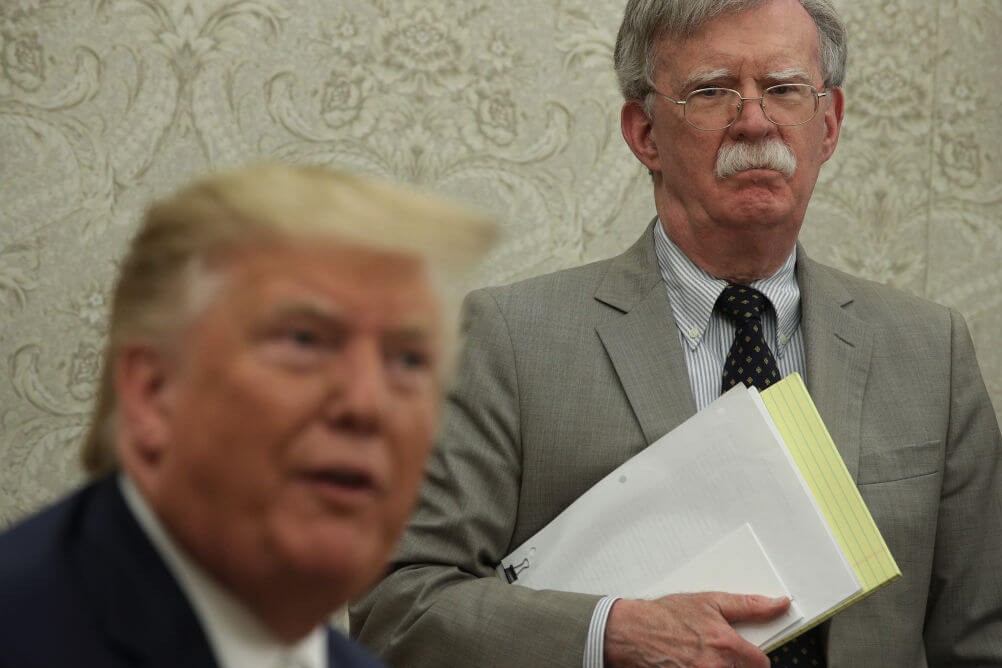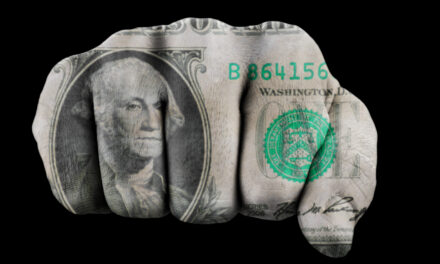With the firing or resignation — depending on whom you believe — of National Security Adviser John Bolton, the chances of tensions between the U.S. and Iran escalating further have been seriously dialed back.
After President Donald Trump delivered the news that the war hawk Bolton was out, oil prices traded lower. Bolton was seen as the most hawkish member of the administration, and he told NBC News (and via tweet) that he resigned and was not fired.
I offered to resign last night and President Trump said, “Let’s talk about it tomorrow.”
— John Bolton (@AmbJohnBolton) September 10, 2019
The White House, meanwhile, said there was a laundry list of reasons for Bolton’s ouster. Though, it wasn’t due to recent leaks about a disagreement he and Trump had over whether the president should hold talks with members of the Taliban at Camp David with the 9/11 day of remembrance for those who died in the cowardly terrorist attacks on the World Trade Center nearly two decades ago this week.
“This dials back fears of an attack on Iran,” Again Capital partner John Kilduff told CNBC. “His desire to attack Iran goes back to George W. Bush. The oil market was always on tenterhooks with him on the scene.”
Trump of course withdrew the U.S. from the Iran nuclear deal, saying it was too one-sided and not long-term enough. Both Bolton and Trump agreed that the deal also wouldn’t stop Iran from acquiring a nuclear weapon. The White House then put new sanctions on Iran while five European countries worked to keep the deal together.
France offered a $15 billion line of credit to Tehran if it would end its uranium enrichment and recommit to the nuclear deal. Iran also would be allowed to resume exporting 700,000 barrels of oil a day.
Bolton, along with Israeli Prime Minister Benjamin Netanyahu, was opposed the deal, but it’s more likely to come to fruition now that Bolton is out.
Tensions have been rising in the Persian Gulf and Strait of Hormuz as Iran has seized a British oil tanker and mined several others in the Gulf. Iran also shot down a U.S. Global Hawk Drone in June, nearly triggering a military response from Trump.
“Bolton pressed to attack Iran militarily at almost every turn,” Kilduff said. “I think in the aftermath of that drone attack he almost prevailed, but President Trump pulled back at the last minute.”
Now the likelihood of a meeting between Trump and Iranian leaders is greatly increased, even as soon as at this month’s U.N. General Assembly. Secretary of State Mike Pompeo said he could see a meeting “with no preconditions” between Trump and Iranian President Hassan Rouhani happening, and Treasury Secretary Steve Mnuchin agreed.
“The president has made it clear: He’s prepared to meet with no pre-conditions,” Mnuchin said Tuesday while noting Trump also is committed to maximum pressure against Iran.




